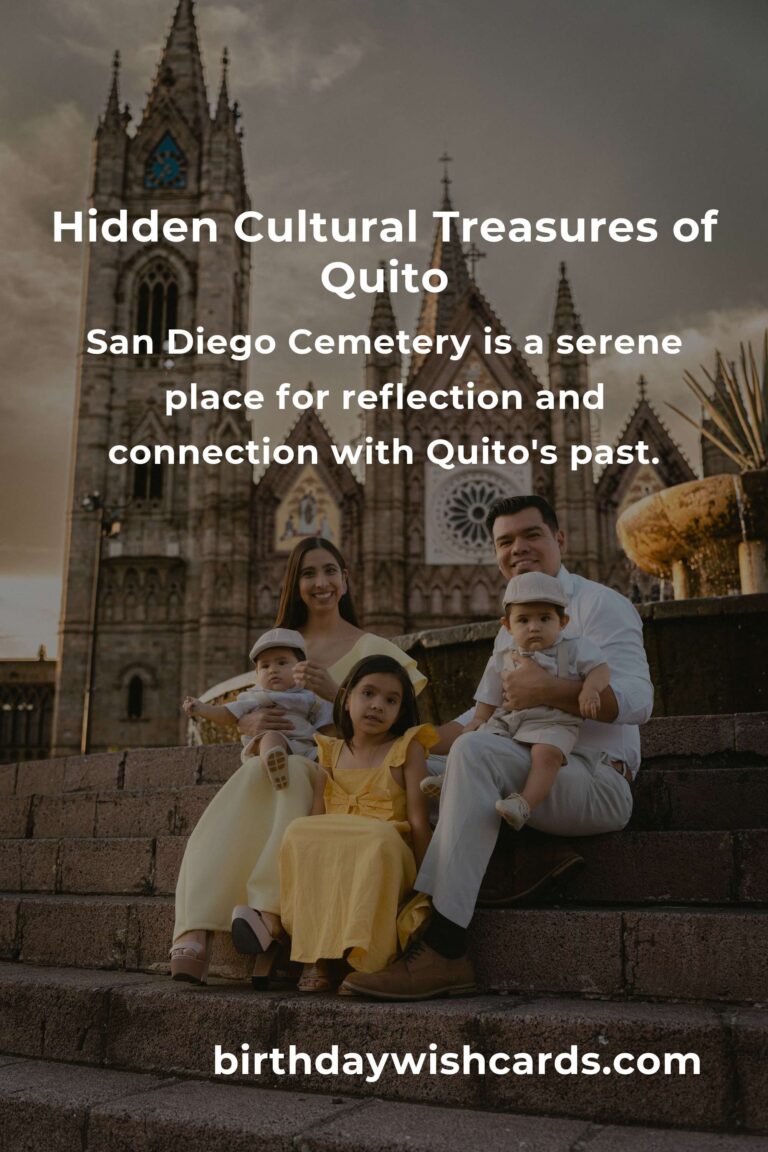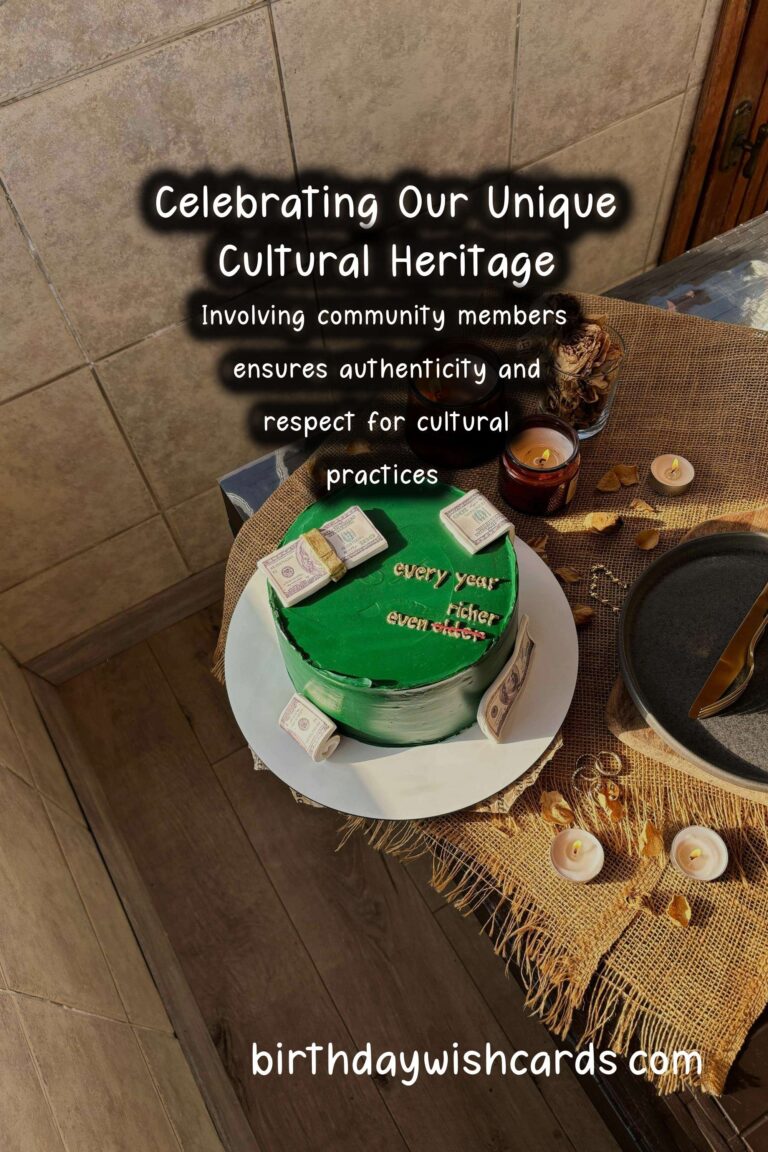
Celebrating cultural heritage is a wonderful way to connect with your roots, embrace diversity, and foster community spirit. Whether you are planning to organize an event or simply want to join one, this article provides essential tips for beginners to create a memorable cultural heritage celebration.
Understanding Cultural Heritage
Cultural heritage encompasses the traditions, languages, and practices that are passed down through generations. It includes tangible artifacts, such as buildings and artworks, and intangible elements like folklore and rituals. Recognizing the significance of cultural heritage is the first step in planning an impactful celebration.
1. Set Clear Objectives
Before diving into the planning process, it is vital to define what you aim to achieve with your celebration. Are you looking to educate attendees about a specific culture, promote unity among diverse groups, or preserve an art form? Setting clear objectives will guide your planning decisions.
2. Research Your Heritage
Take time to research the history and significance of the culture you wish to celebrate. Understanding the customs, music, dance, clothing, and cuisine will help you create a genuine and respectful celebration. Look for local communities, cultural organizations, or online resources that can provide additional insight.
3. Involve the Community
Engage with community members who belong to the culture you are celebrating. Involving them ensures authenticity and respect for cultural practices. They can provide valuable input on traditions and help attract more participants to your event.
4. Choose a Theme
Selecting a theme for your celebration can unify your event and make it more engaging. You might focus on traditional festivals, historical events, or specific aspects of a culture, like culinary arts. A well-chosen theme helps in planning activities and decorations.
5. Plan Activities
Activities are the heart of any celebration. Consider including traditional games, dance performances, art exhibitions, and culinary workshops. Each of these activities should reflect the cultural heritage being celebrated and provide an enjoyable experience for all ages.
6. Consider Location
Choosing the right venue is crucial for the success of your celebration. Look for a location that accommodates your expected number of participants and has the necessary facilities. Parks, community centers, or cultural venues can be great options.
7. Spread the Word
Effective promotion will draw attendees to your cultural heritage celebration. Use social media platforms, community bulletin boards, and local newspapers to spread the word. Create visually appealing posters and flyers that highlight key details and the unique aspects of your event.
8. Collaborate with Local Businesses
Partnering with local businesses can enrich your celebration. They may offer sponsorships, provide food or supplies, or help with advertising. Collaborating with businesses not only boosts your event’s profile but also strengthens community ties.
9. Embrace Digital Resources
Utilize digital tools to enhance the planning and execution of your event. Websites, mobile apps, and social media can help showcase your celebration and engage a broader audience. Consider live streaming your event for those who cannot attend in person.
10. Evaluate and Reflect
After the celebration, take time to evaluate what worked and what could be improved for future events. Gather feedback from attendees and organizers to identify strengths and areas for growth. This evaluation process is critical for planning even better celebrations in the future.
Conclusion
Celebrating cultural heritage can be a rewarding experience for everyone involved. By following these tips and being respectful of the cultures you are representing, you can create an event that educates, inspires, and connects people. Remember that every celebration is a chance to learn and grow so that we can all appreciate the diversity that makes our world beautiful.
Celebrating cultural heritage is a wonderful way to connect with your roots. Involving community members ensures authenticity and respect for cultural practices. 
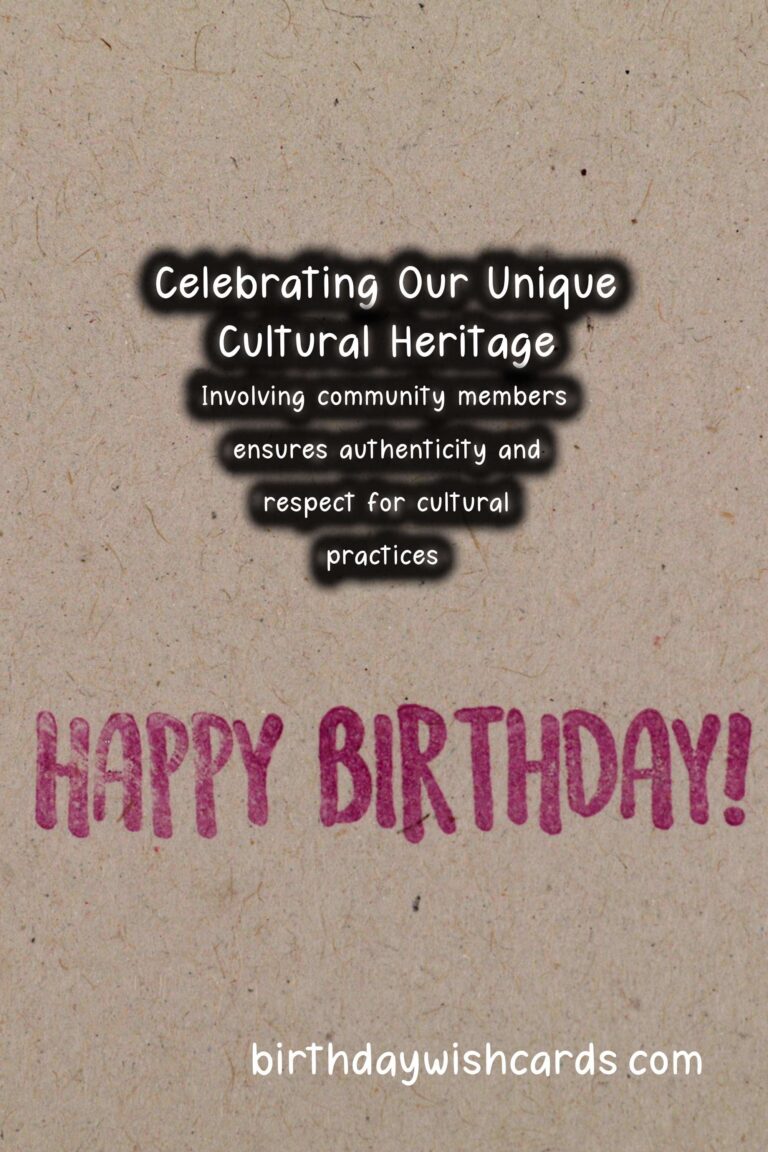
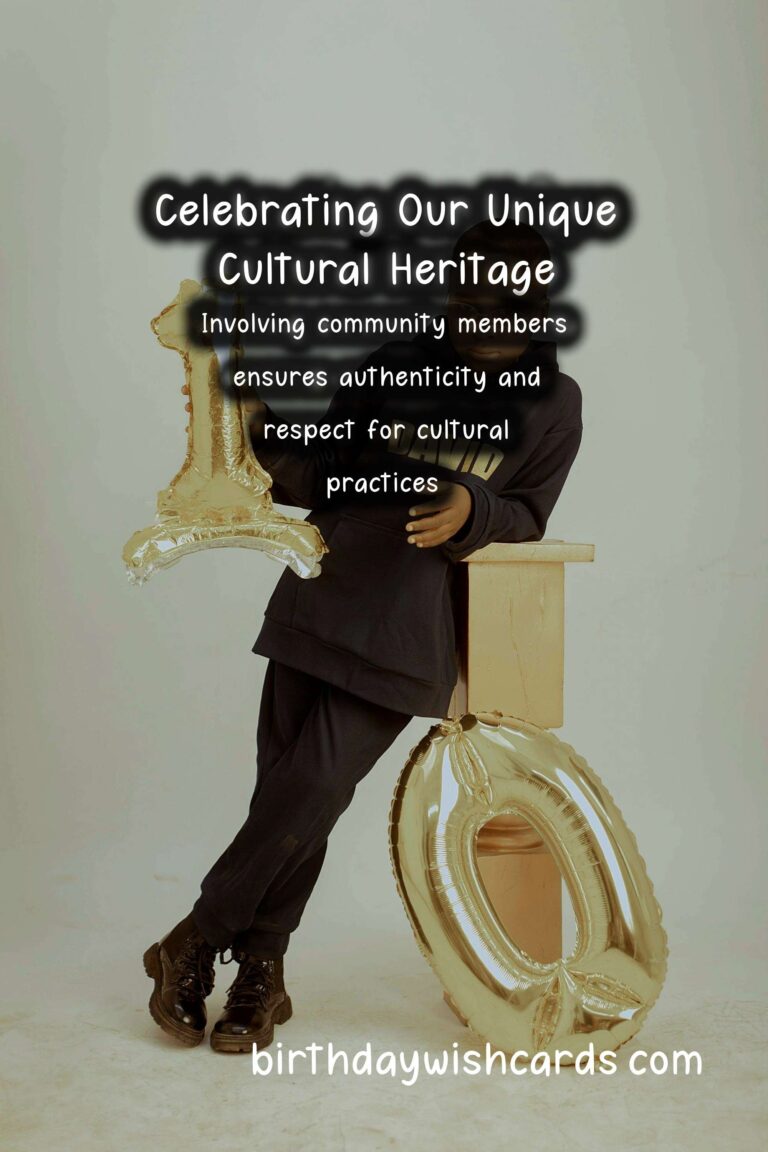
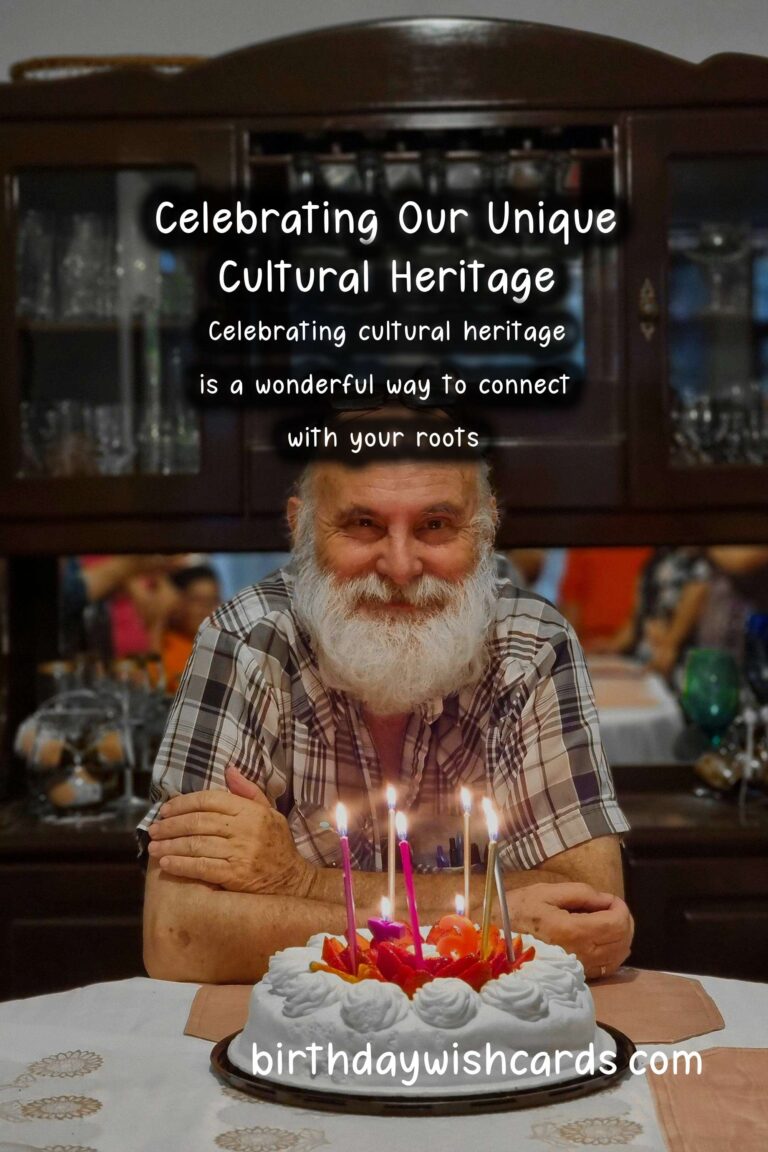
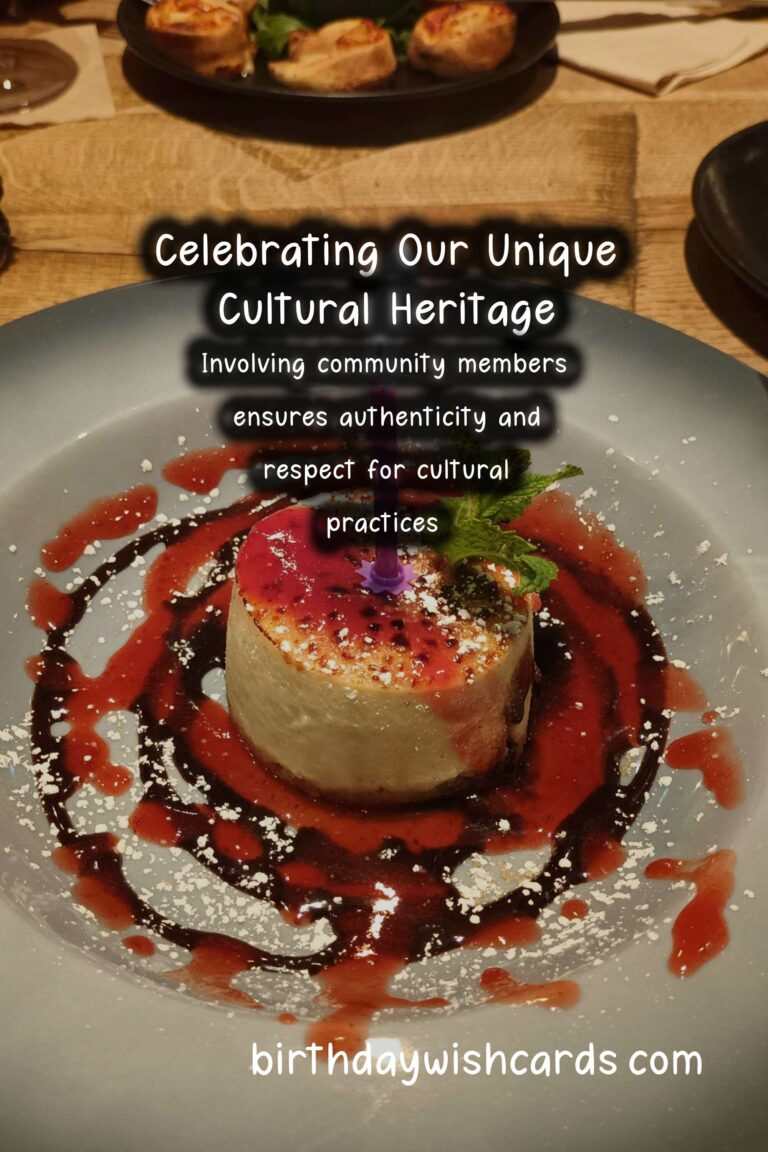
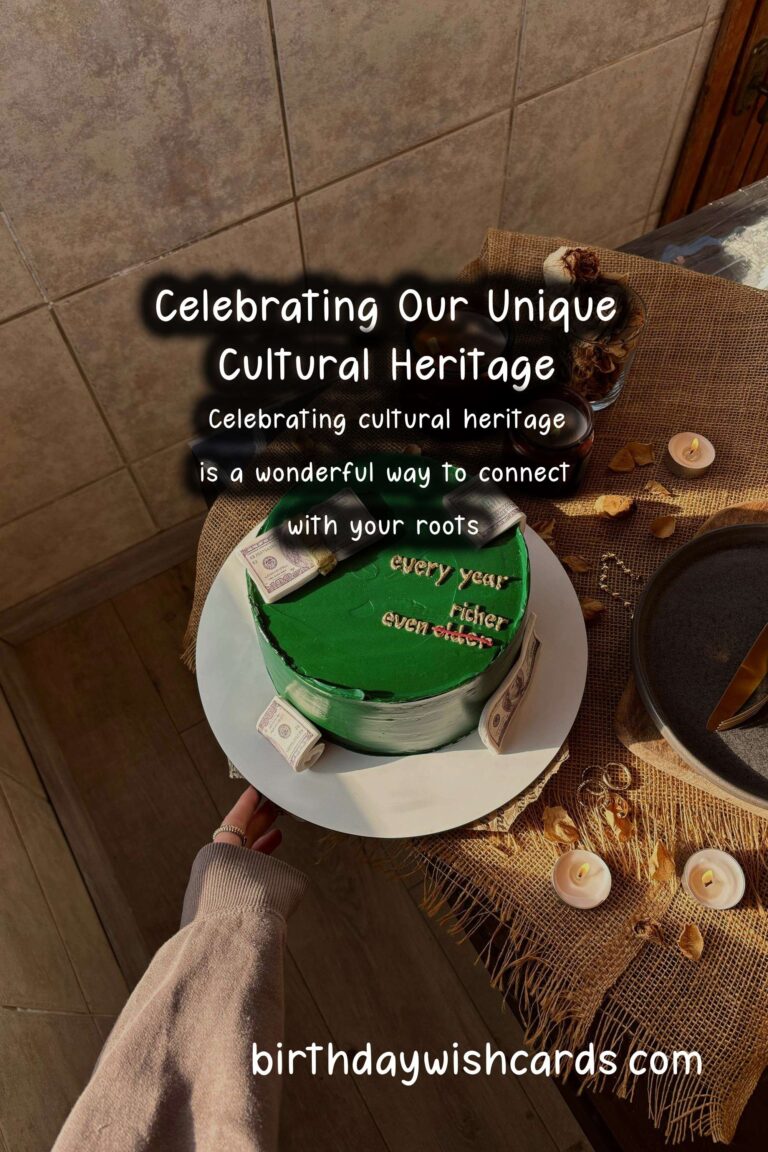
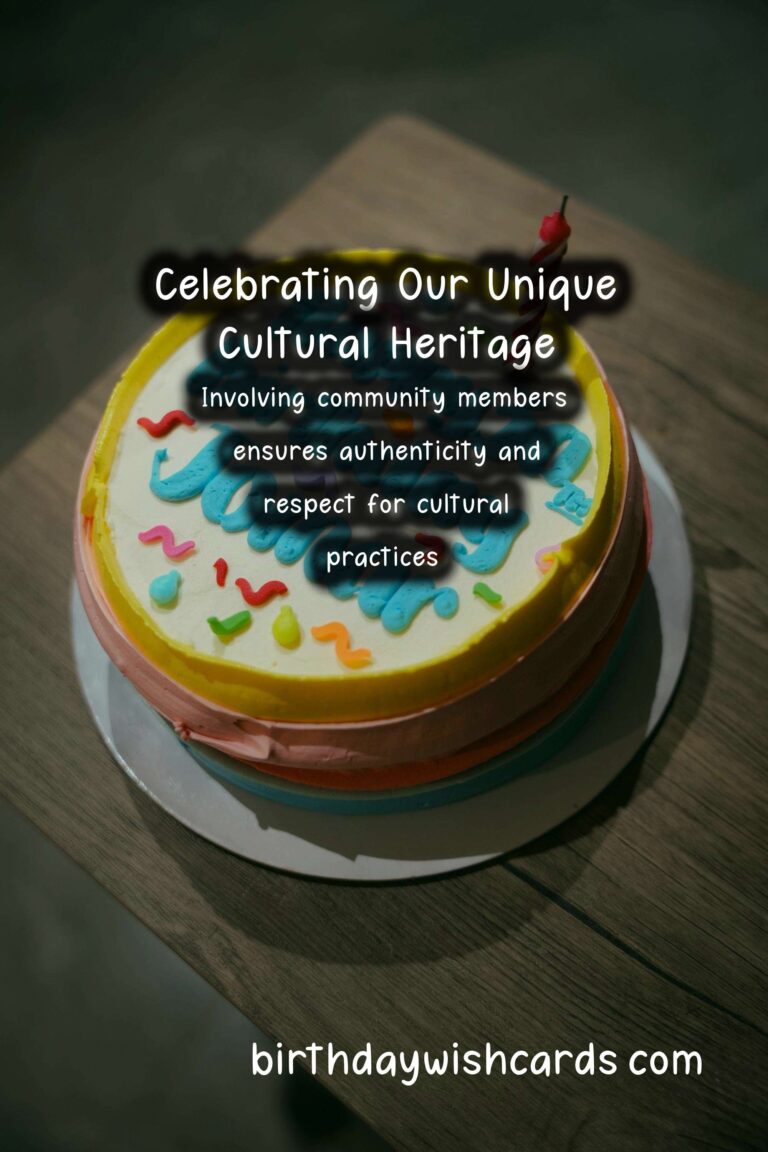
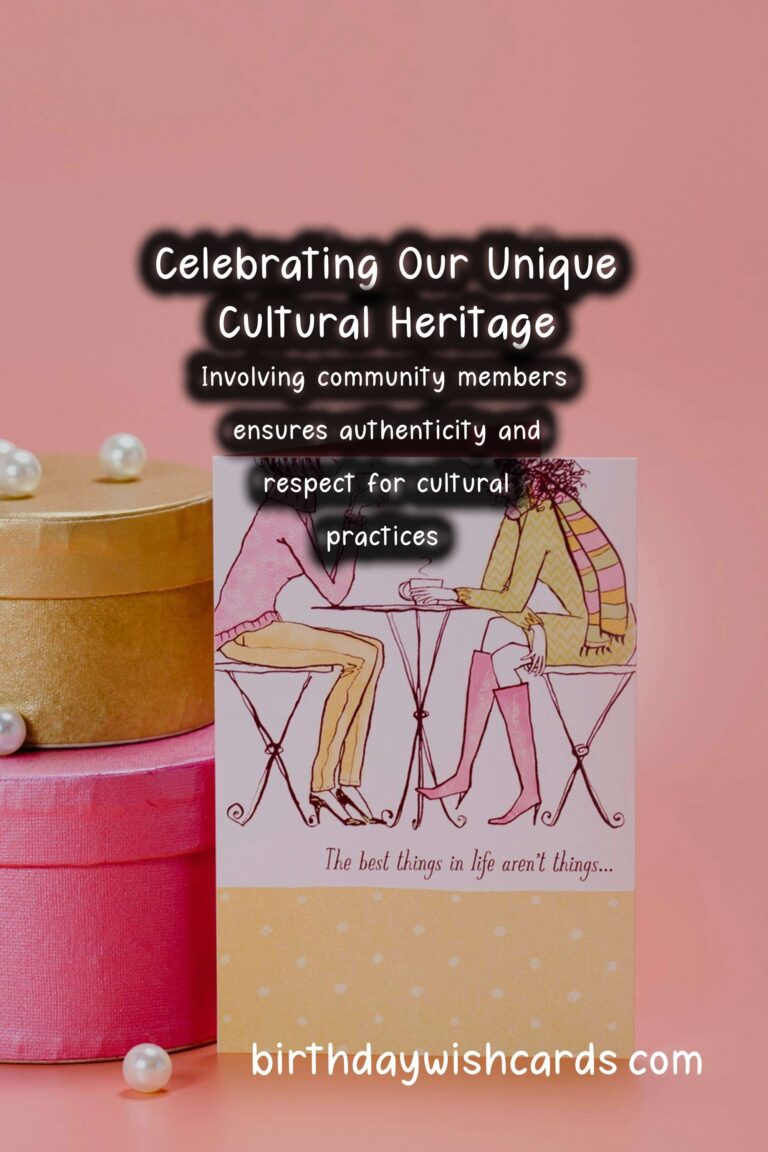
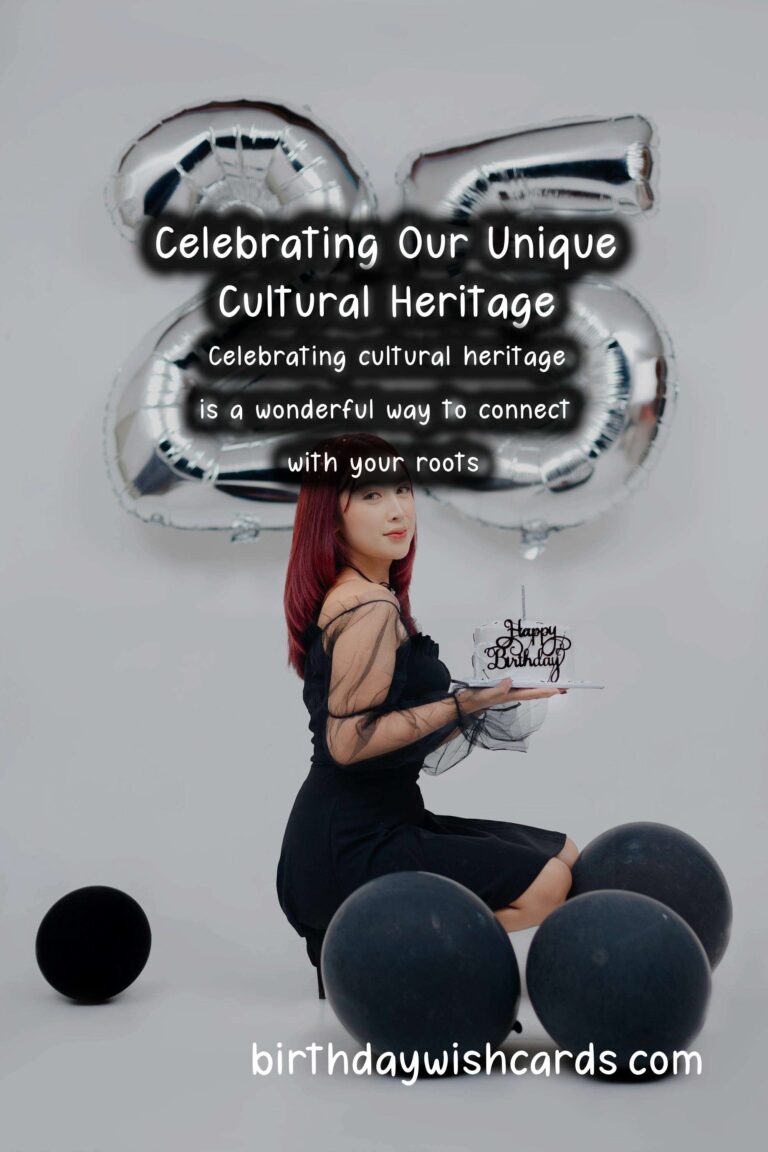
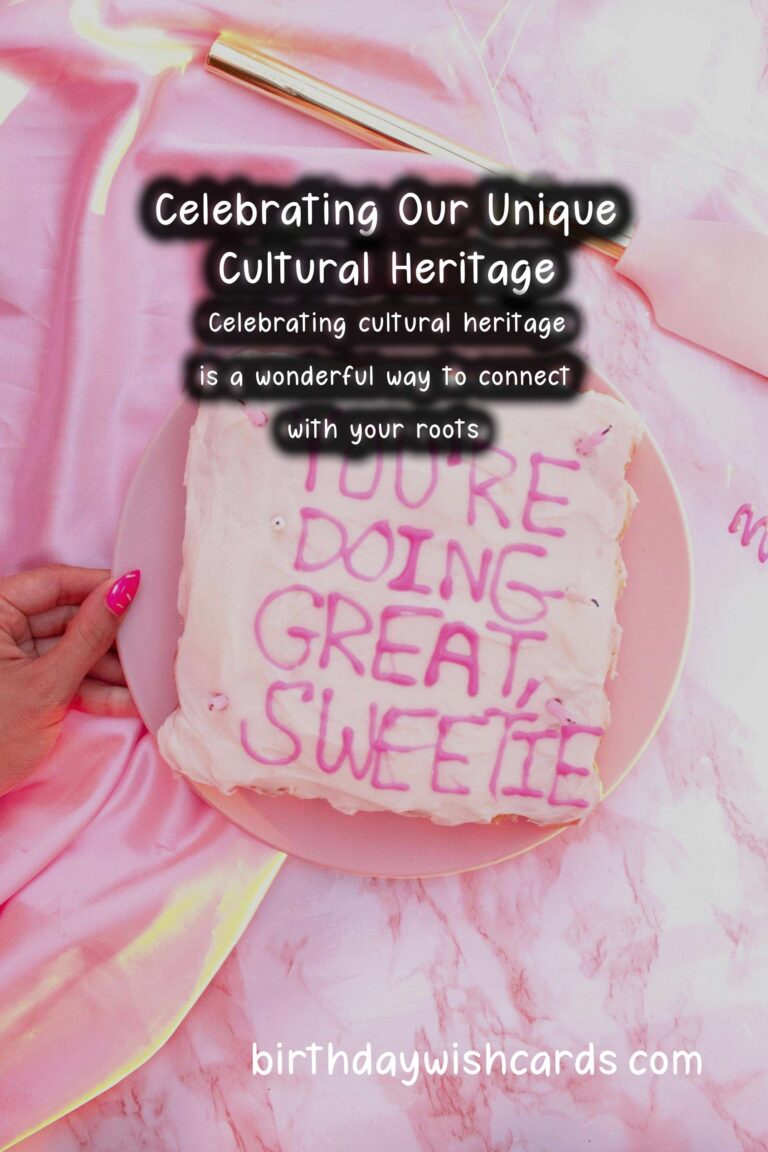
#CulturalHeritage #CommunityCelebration



